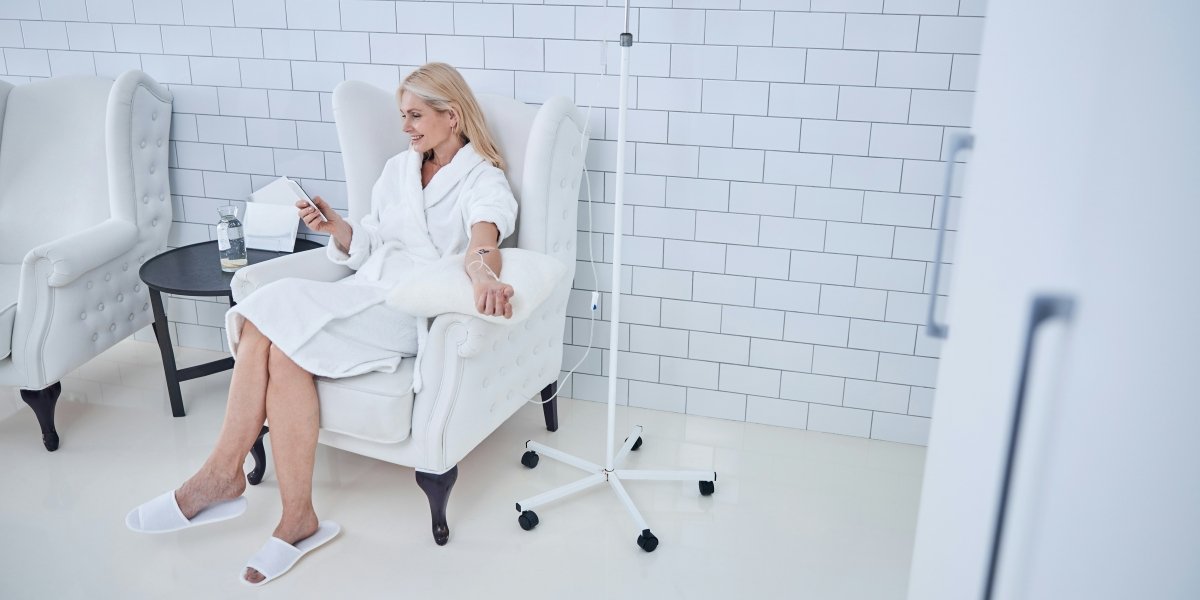Organizing and storing jigsaw puzzles in a home with children can be a unique challenge. While puzzles are a fantastic way to build cognitive skills, hand-eye coordination, and problem-solving abilities in kids, they’re also notorious for going missing one piece at a time. When families aim to keep puzzles organized and accessible, a few smart strategies can ensure that kids can enjoy puzzles without turning the house into a cluttered maze of half-finished or scattered puzzle pieces. Here are some tips for organizing and storing your jigsaw puzzles in a kid-friendly home, making puzzle time both enjoyable and mess-free.
Create Accessible Storage Zones for Easy Access
Designing accessible storage zones for your puzzles is essential for a kid-friendly home. When storage options are within reach, children can access their puzzles independently and participate in clean-up, reinforcing responsibility. One practical solution is to use low shelving or cabinets that are specifically designated for puzzles. Adjustable cube organizers or stackable bins make a great choice for separating puzzles by theme, age group, or piece count. Label each bin with pictures or simple words for kids who are too young to read—this visual guide can help them understand where each puzzle belongs and make clean-up easier.
Consider a dedicated puzzle table with a storage compartment underneath if your space allows. Many tables designed for kids have shallow drawers or bins that can keep puzzles close by while providing a surface to work on. This setup makes it easy for children to resume a puzzle later without taking up family table space. Another creative option is to use wall-mounted bins or hanging fabric pouches that kids can easily reach. Not only does this keep puzzles off the floor and out of play zones, but it also keeps puzzle pieces organized and prevents mix-ups.
Implement Child-Friendly Organizing Techniques to Prevent Loss
For any parent, losing pieces is one of the biggest frustrations with jigsaw puzzles. Kids are often eager to finish and may forget to put all pieces back carefully, resulting in stray pieces under couches or tables. Consider color-coded bags or boxes with easy snap-on lids to keep puzzles organized and intact. Each puzzle can be stored in a separate bag or box with its own label so that pieces don’t get mixed up. Transparent containers are also a great option, as they allow kids to see which puzzle is in each box without having to open every container.
Encourage your kids to work on one puzzle at a time to minimize the chances of losing pieces. For puzzles that take longer to complete, consider a designated storage board or a puzzle mat that can be rolled up to preserve the puzzle’s progress. When moving a puzzle from a table to a storage board or container, be especially cautious—small pieces can easily get lost in the process. Be careful when moving a puzzle from a table to a storage board or container to prevent losing pieces.
If your children are older, consider giving them the responsibility of managing their own puzzle pieces with a reward system. Small incentives for proper storage can help reinforce the habit of putting away pieces carefully, teaching them the importance of taking care of their toys.
Use Puzzle-Safe Storage Solutions for Long-Term Organization
Puzzle storage isn’t just about daily clean-up; it’s also about long-term organization that ensures the longevity of your puzzle collection. Invest in stackable, sealable storage solutions for puzzles with multiple small pieces. Stackable plastic containers are excellent for storing multiple puzzles neatly in a small space and are also durable enough to withstand a bit of rough handling from younger kids. For larger or more delicate puzzles, consider using resealable bags within each container for added protection against moisture or dust.
For homes where puzzles are a family tradition or an ongoing hobby, consider a puzzle cabinet that can hold a larger variety of puzzles and also provides designated spaces for more complex ones. Flat storage cases can be ideal for puzzles that your kids are working on gradually—these cases keep pieces flat and secure, preventing any pieces from bending or warping. Dedicated puzzle mats or boards that can be folded up are also great options, as they save space and protect unfinished puzzles.
When thinking about long-term storage, be sure to rotate puzzles periodically to maintain your children’s interest and to encourage them to revisit puzzles they may have outgrown. This will help create a “puzzle library” effect, where your kids can choose from various puzzles that are stored neatly, easy to access, and enjoyable to complete. This type of setup can make puzzles a fun and engaging part of your family routine without adding clutter to your home.
Published by: Khy Talara








